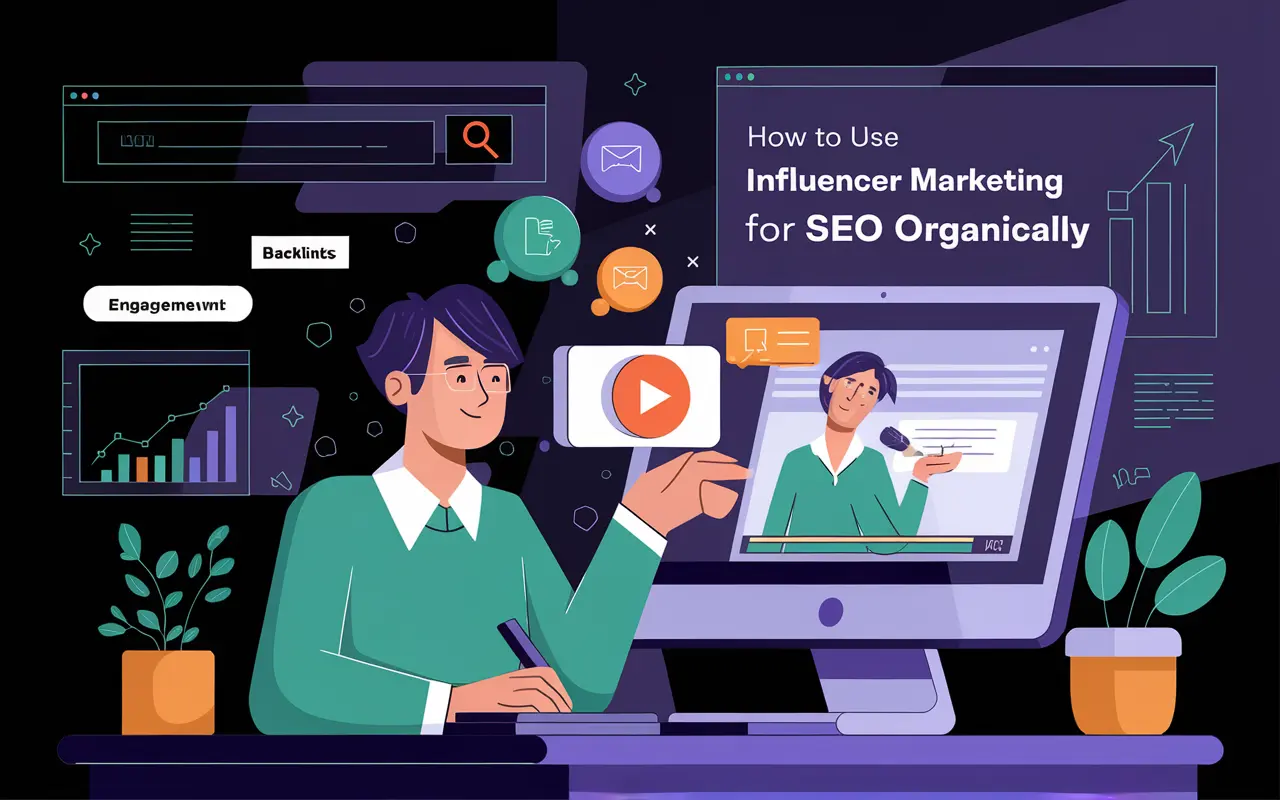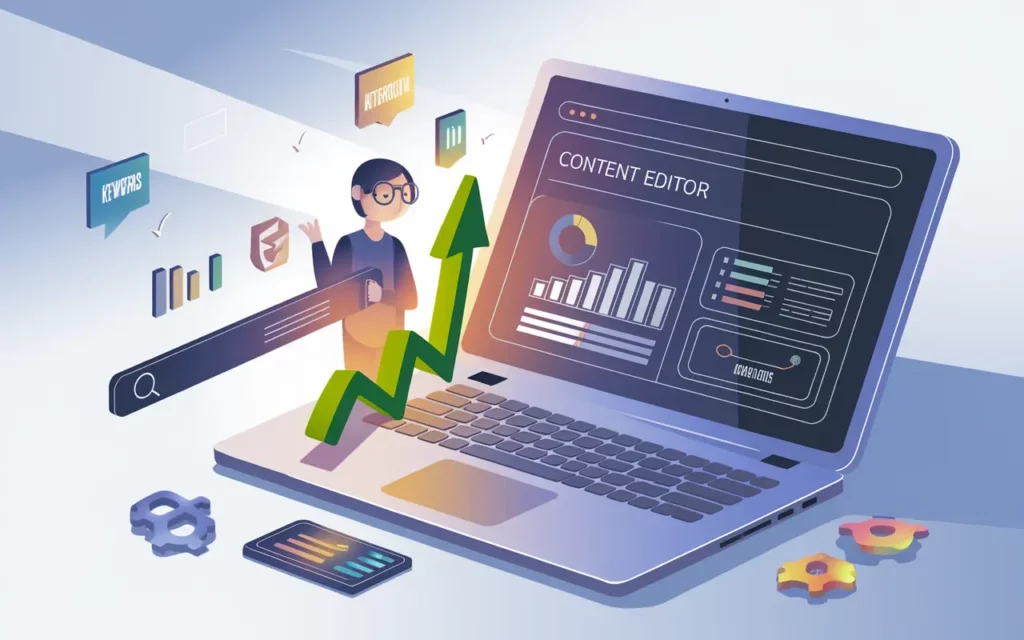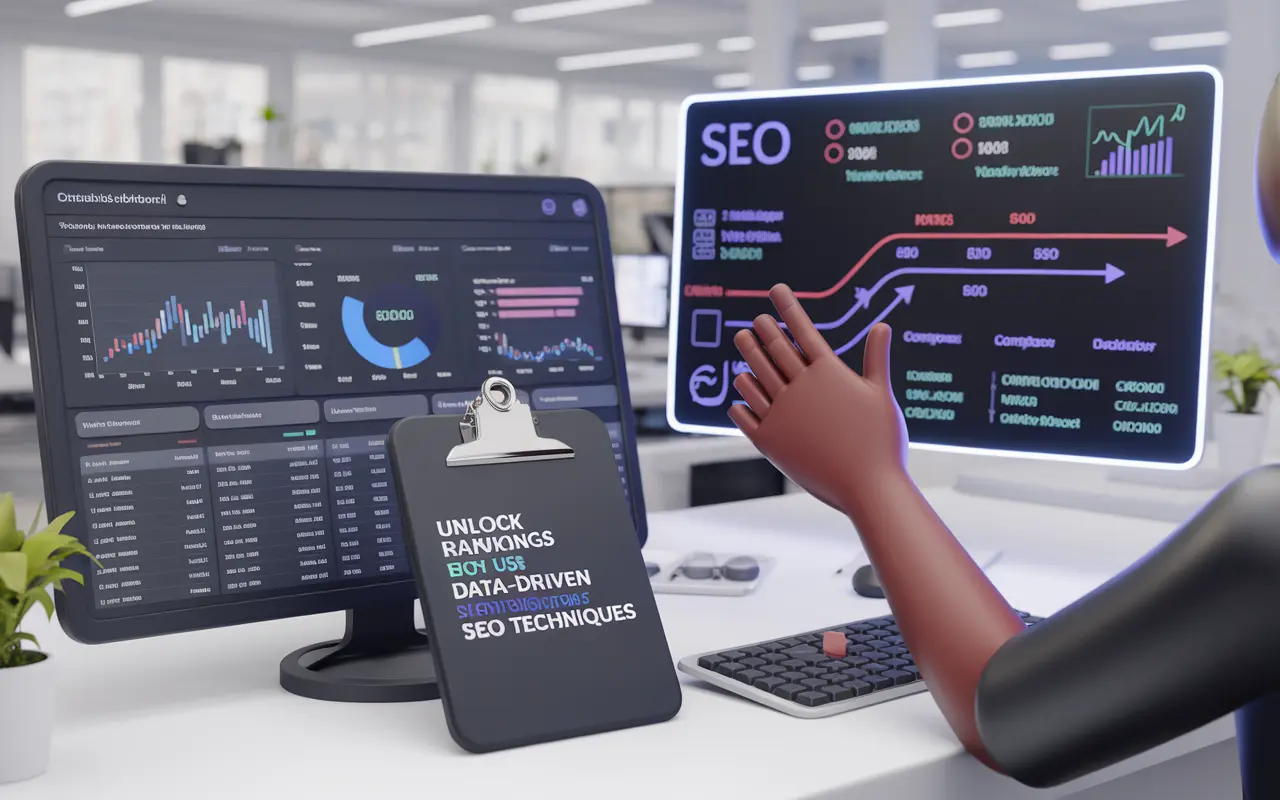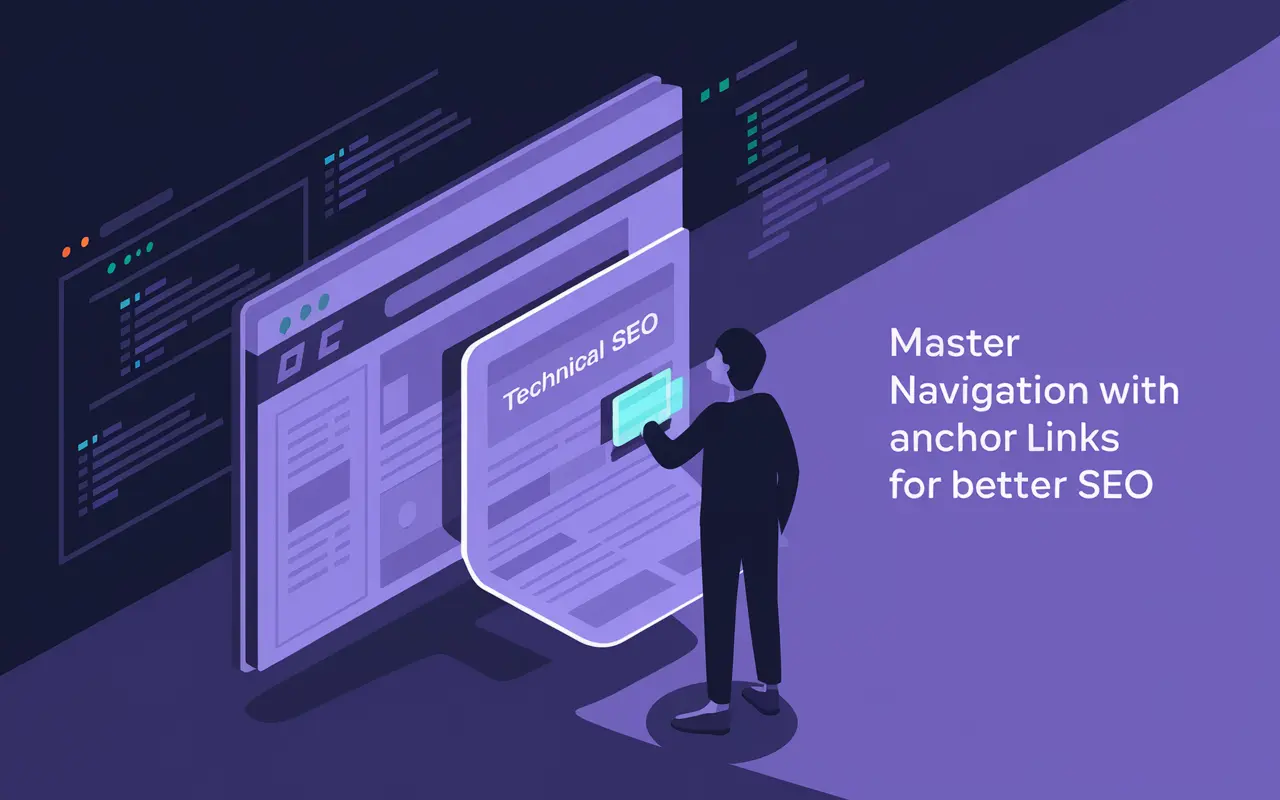Understanding Influencer Marketing for SEO
Influencer marketing for SEO is the strategic use of influential creators and personalities to generate high-quality backlinks, social signals, and content mentions that support your website’s SEO objectives. Rather than traditional promotional content, influencers create authentic, user-focused material on blogs, YouTube, and social media platforms, which can drive traffic, improve brand authority, and enhance organic visibility on search engines.
When executed correctly, influencer marketing complements your SEO services by acting as a scalable off-page SEO tactic. It’s a powerful way to earn editorial backlinks, drive referral traffic, and strengthen your brand’s presence across multiple digital spaces.
Key Takeaway
Influencer marketing enhances SEO by driving natural backlinks, increasing branded search queries, and boosting user engagement through trusted third-party endorsements.
Why Influencer Marketing Matters for SEO Success
SEO is not just about on-page optimization—Google’s algorithms value trust, authority, and relevance. Wise use of influencer marketing helps establish these signals through external content that links or drives traffic to your site.
Key SEO Benefits of Influencer Collaborations
- High-Quality Backlinks: Influencers often have authoritative blogs or YouTube channels. A backlink from them boosts your domain authority.
- Increased Brand Mentions: Even without a link, brand mentions help build topical authority and increase trust signals.
- Social Shares and Engagement: When influencers share your content, you increase its reach and potential traffic—metrics that indirectly support SEO.
- More Branded Searches: As awareness grows through influencer content, people search your brand directly, which enhances organic visibility.
Best Practices for Using Influencer Marketing to Improve SEO
- Identify SEO-Aligned Influencers: Choose influencers in your niche who already rank well or have strong authority on platforms like YouTube, Medium, LinkedIn, or niche blogs.
- Build Natural Collaborations: Avoid forcing backlinks. Instead, co-create useful content like interviews, guest posts, or collaborative blog reviews that link back naturally.
- Target Evergreen Content: Focus on content that ranks long-term (e.g., tutorials, product comparisons), ensuring ongoing link equity and traffic flow.
- Encourage Deep Links: Instead of always linking to the homepage, have influencers link directly to a product page, case study, or blog post.
- Track Link Placements & Engagement: Use UTM codes, referral tracking, and tools like Ahrefs or SEMrush to monitor link-building ROI through influencers.
How Influencer Marketing Works in SEO Campaigns
Stage 1: Influencer Discovery & Vetting
Use platforms like BuzzSumo, Upfluence, or Google Search to find influencers in your industry who already generate organic traffic. Vet them based on:
- Domain Authority (DA)
- Engagement rates
- Past content quality
- Keyword association
Stage 2: Establishing an SEO-Focused Collaboration
Once aligned, develop campaigns where the influencer will create content that can be indexed by search engines, such as blog posts or YouTube videos with descriptions including your website link and brand.
Stage 3: Content Publication & Link Acquisition
The influencer posts your co-created or sponsored content with targeted anchor texts and backlinks. Keywords and messaging should align with your content strategy.
Stage 4: SEO Monitoring and Adjustment
Use SEO tools to monitor backlink growth, new referring domains, branded searches, and overall keyword improvements after campaigns go live.
Case Study: How a Mid-Sized SaaS Brand Improved Organic Rankings With Influencer Marketing
The Challenge: Flatlining Organic Growth
A mid-sized SaaS company offering productivity apps was struggling to scale their organic visibility despite regular blog publishing and on-page optimization. Their main challenge was acquiring high-quality backlinks and generating branded traffic.
The Strategy: Leveraging Influencers in Tech Niche
The company partnered with seven micro-influencers in the tech space who had their own blogs and YouTube channels. Through a combination of guest posts, co-branded tutorials, and feature mentions, they earned natural contextual backlinks to targeted product pages.
The Outcome: Measurable SEO Gains
Within four months:
- Referral traffic increased by 44%
- Domain Rating improved by 6 points (from 57 to 63)
- Top keyword jumped from position #12 to #4
- Branded search queries doubled
Common Mistakes to Avoid in Influencer-Driven SEO
- Poor Influencer Selection: Choosing influencers without website authority or relevance can lead to weak or irrelevant backlinks.
- Using No-Follow Links Only: Ensure at least some Dofollow backlinks are included, as no-follow links pass no SEO value.
- Low-Quality Content Collaboration: Avoid promotional fluff. Collaborate on informative content that benefits the influencer’s audience and provides SEO value.
- Not Tracking SEO Metrics: Always measure changes in backlinks, Domain Authority, keyword rankings, and organic traffic after campaigns go live.
Glossary: Related SEO Terms
- Off-Page SEO: Focuses on external ranking factors like backlinks and social signals.
- Link Building: The process of acquiring links to boost a site’s authority and rankings.
- Domain Authority: A score predicting a website’s ability to rank on search engines.
- Content Marketing: Strategic creation and sharing of content to drive traffic and engagement.
FAQs about Using Influencer Marketing for SEO
Indirectly, yes. Influencer content can generate high-quality backlinks, brand mentions, and social engagement, all of which help improve organic rankings.
Bloggers, YouTubers, and LinkedIn creators are especially valuable since their platforms are indexed by search engines and capable of passing SEO value through backlinks.
Absolutely. Micro-influencers often have niche authority and high engagement, making their backlinks and content just as valuable, if not more, than macro-influencers.
Track metrics like new backlinks, referral traffic, branded keyword searches, Domain Authority, and Google Search Console impressions post-campaign.
Simple SEO Data Table for Influencer Impact
| SEO Metric | Before Influencer Campaign | After Campaign (3 Months) |
|---|---|---|
| Domain Authority (Ahrefs) | 45 | 52 |
| Referral Traffic (Google Analytics) | 6,000/month | 8,700/month |
| Branded Search Queries | 1,200/month | 2,300/month |
| Top Keyword Position | #11 | #4 |
Conclusion: Amplify Your SEO with Influencer Collaboration
Influencer marketing isn’t just a social strategy—it’s a powerful SEO asset. By forming authentic partnerships with content creators in your niche, you earn high-value backlinks, increase branded traffic, and build topical relevance that search engines reward. Implementing influencer marketing accurately into your SEO strategy can accelerate growth, boost authority, and help dominate SERPs.
If you’re looking to merge influencer outreach with effective SEO strategies, now is the time. Explore more SEO innovations and techniques with Digidream.






